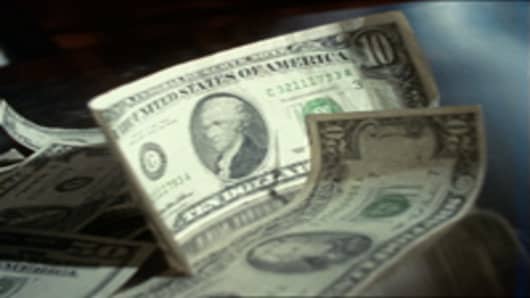There is plenty of liquidity already.
Where help is needed is at the small business level. Small business owners are finding it beyond difficult to get credit. Part of the explanation lies in the fact that many small business loans are collateralized by the personal assets of the owner(s) , often by their homes. With asset prices so low, it's hard to qualify for a loan. Banks are saying their credit standards have not changed. That could be, but some change is needed. A bill to provide assistance to small businesses is stuck in Congress. The cynic in me thinks it's because small business does not have as effective a lobbying effort as the big guys do.
A truly wonderful example of why to not legislate in a rush has popped its head up.
The financial regulation bill the President just signedsays the rating agencies could be liable for the quality of their opinions. The rating agencies have said their opinions in some cases should not be relied on until they can figure out what the exposure could be. This has already thrown parts of the bond market, especially the asset backed market where ratings are part of the offering document, into disarray, and has forced Ford to postpone an offering. There will be more to come. Congress so often thinks the world is a static place. But actions always breed reactions. If Congress raises or institutes a tax, they are almost always wrong on what the collection will be. People react.
They can't seem to get that, or they don't want to.
Good news from Europe with the release of the Euro zone PMI. It looks like the recovery in Europe still has some life. The European bank stress testswill be released on schedule which would be mid afternoon Friday, NY time. That could make for some fun, but all rumors are pointing to better news than not. (European Bank Stress Tests Cheat Sheet)
_______________________________________
Vincent Farrell, Jr. is chief investment officer at Soleil Securities Group and a regular contributor to CNBC.


